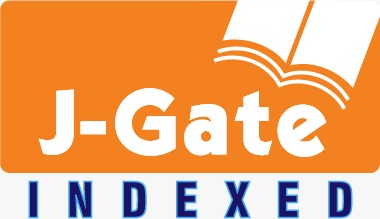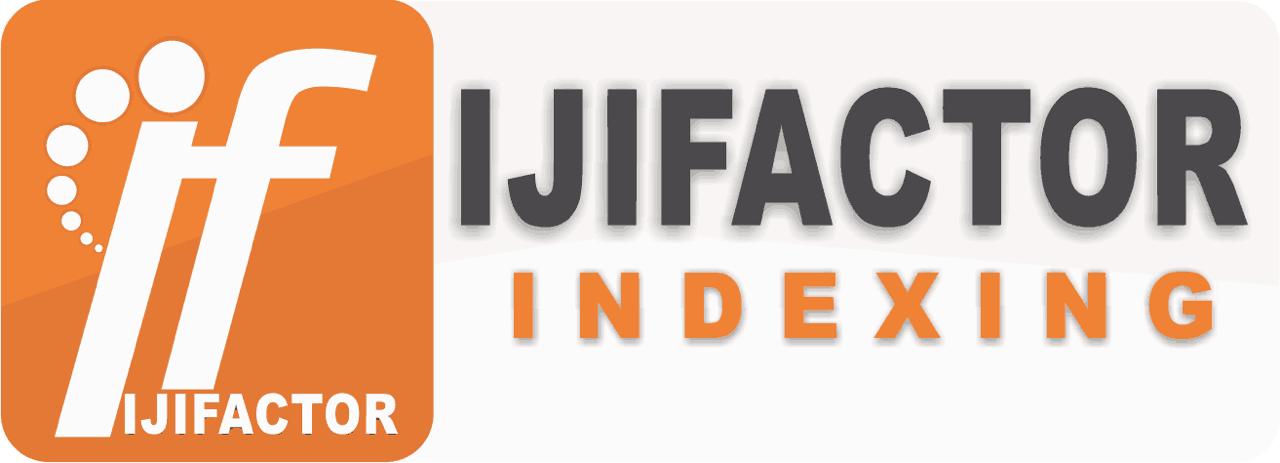An Analysis of Problems in Housing Ownership and Property Development in Abuja, Nigeria
DOI:
https://doi.org/10.56868/jadhur.v1i2.28Keywords:
Property, Real estate, Development, Housing and AffordabilityAbstract
Since housing ranks second in the hierarchy of human needs, real estate development and the housing crisis have taken on a significant dimension today. In Abuja, Nigeria, several elements have an impact on these issues. Real estate development may evoke various feelings, depending on one's perspective. Several factors are considered a problem for housing ownership and property development. This study analyzes the problems associated with housing ownership and property development in Abuja, Nigeria. The study used quantitative research; 121 questionnaires were given to real estate developers, and 77 were retrieved and used for analysis. According to the study's findings, the following factors are known to affect residential property development: access to land, funding, exorbitant building material costs, corruption, government policy, high capital costs, high labor costs, Cost of land, mortgage interest rate, building costs, perception of buyers' lack of price control, and household expenditures are further factors. Factors impacting affordability are revealed to be mostly outside of the control of the landowner but are still subject to government regulation. As a result, to provide a solution for this element, the government must improve the welfare of its population concerning housing.
Downloads
Published
How to Cite
Issue
Section
License
Copyright (c) 2022 Gombwer Nenrot Wuyokwe, Suleiman Yakubu, Sani Inusa Miala

This work is licensed under a Creative Commons Attribution 4.0 International License.
















